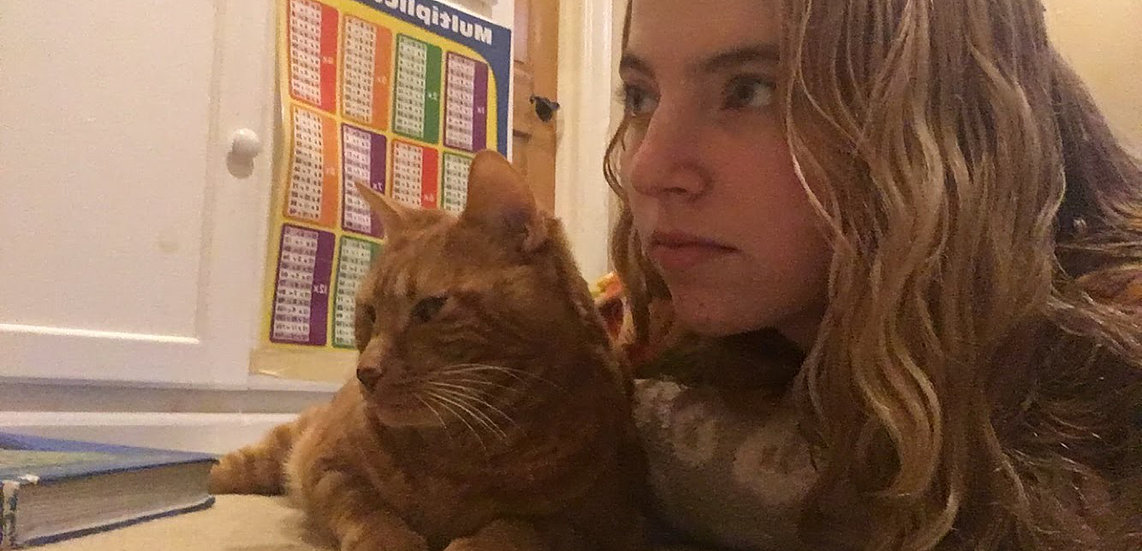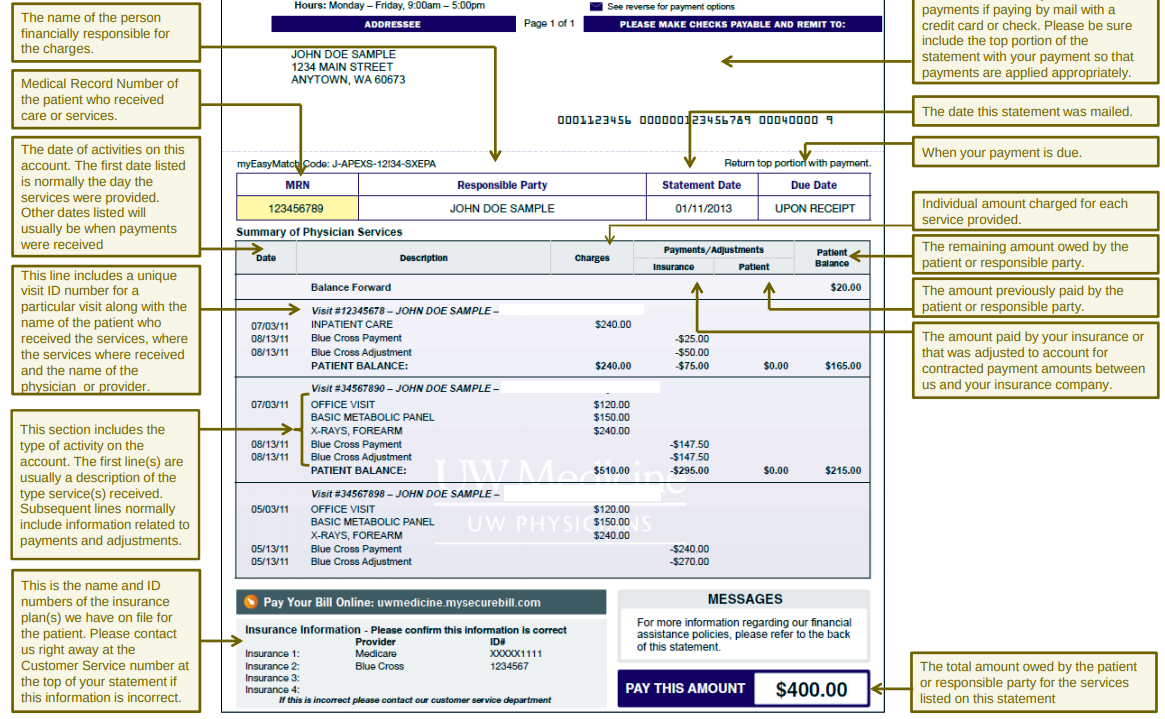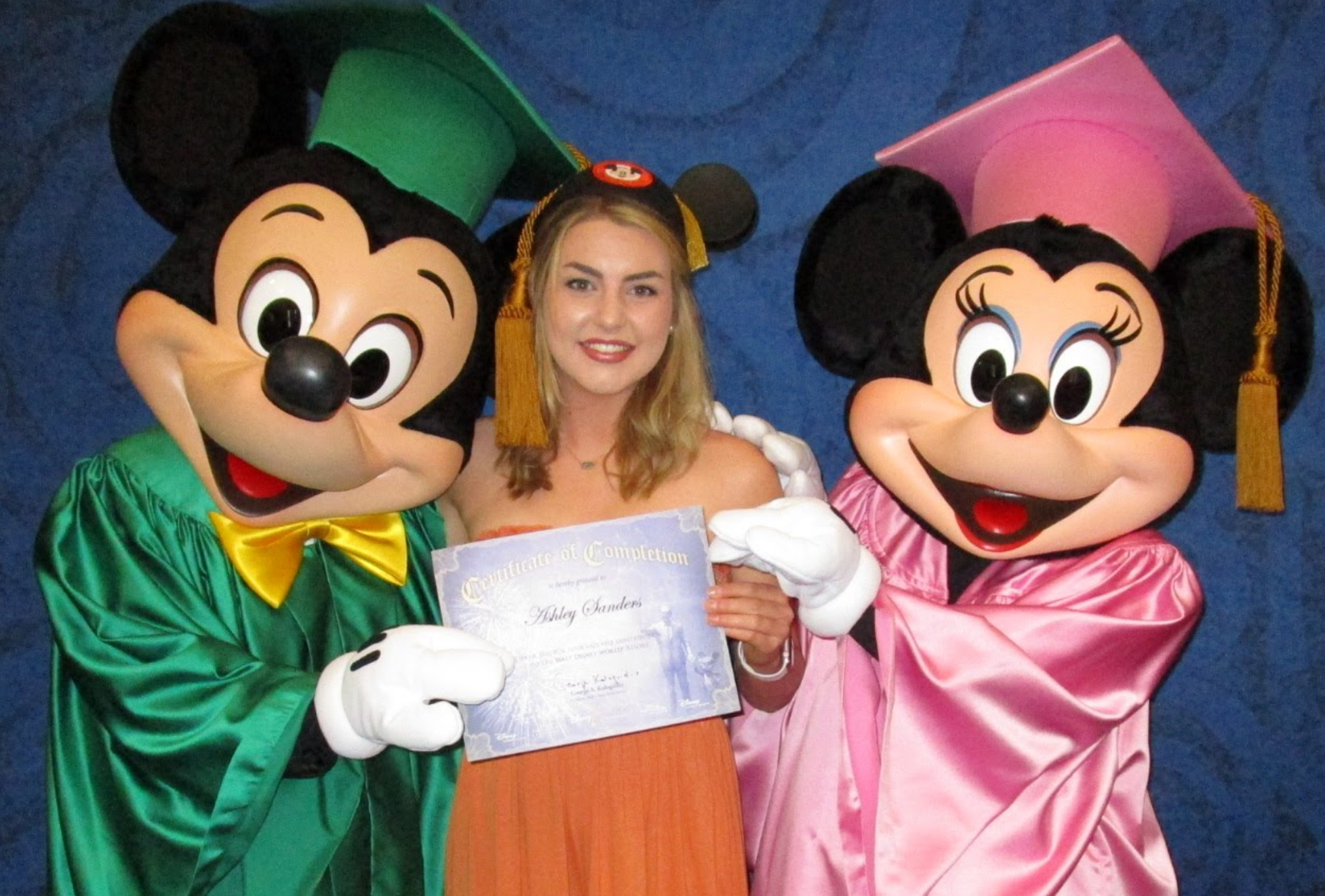- Details
- Written by Michael L. Sanders, M.D.
Some of you may be familiar with the term fractional reserve banking. It describes the structure of virtually all banks in existence today. Laws require that your bank keep about a tenth of deposits on reserve while loaning out the rest. Obviously, if all bank account holders show up at one time to demand their money, the bank cannot cover the demands. This is called a bank run, which was famously depicted in the Jimmy Stewart movie It's a Wonderful Life. I would like to coin a new term to describe our current Healthcare System: Fractional Reserve Medicine.
- Details
- Written by Michael L. Sanders, M.D.
The well-dressed VIPs slowly walked into the dimly lit upscale restaurant's conference room for meeting over a rich meal at the invitation of a consultant and his three colleagues. The topic of discussion was a revolutionary new approach to delivering primary care, one that had shown considerable cost savings for a self-insured employer. The VIPs were important hospital administrators, people with considerable clout and control over the finances and decisions of a large community health system.
- Details
- Written by Michael L. Sanders, M.D.
Today, medical bills have become so complex that some healthcare providers distribute information to help patients "interpret" their bill. The first thing most patients see when they review their bill is the "PAY THIS AMOUNT:" total followed by shock, dismay, fear, and grief. The explanation is intended to provide "clarity" so that when the initial shock wears off, the patient feels defeated and consigned to pay those impressive charges...even when they went in for a simple sinus infection, received 5 minutes of physician time, a shot, and a prescription. I am certain most of my readers at some point have felt these same emotions. With that in mind, I want to share a real medical bill with you and provide a side-by-side comparison.
- Details
- Written by Michael L. Sanders, M.D.
Recently, my oldest daughter completed her tour of duty with the Disney College Program at the Walt Disney World Resort in Orlando, Florida. She “graduated” after working at the Hollywood Studios theme park from January through May this year. The particular job itself was nothing out of the ordinary. She worked 8 to 10 hours a day at a modest hourly rate as an attraction attendant for the Voyage of the Little Mermaid live performance, all while taking an online class from Mississippi State and interning at a local daycare once a week. In return, she earned a resume builder as well as good experience working with the public, which she learned can be quite fickle when it comes to occasional long lines and wait times. No matter how upset, angry, or rude a park guest may become, she had to maintain Disney professionalism and the Disney experience at all times...without taking it personally.
- Details
- Written by Michael L. Sanders, M.D.
The headlines sounded the alarm bells this Tuesday, “Trustees report Medicare will become insolvent in 2026.”
The headline continues:
Medicare’s financial problems have gotten worse, and Social Security’s can’t be ignored forever, the government said Tuesday in an annual assessment that amounts to a sobering checkup on programs vital to the middle class.







